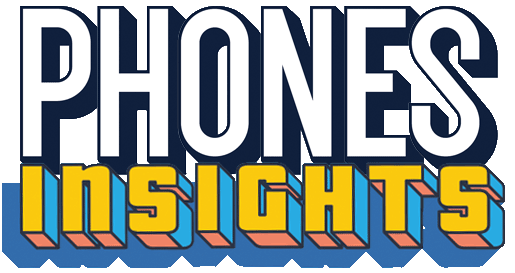What you should know
“`html
- The European Union’s antitrust laws have forced Apple to open up its iOS ecosystem with the iOS 17.4 update, ending the company’s long-standing walled garden approach.
- Apple’s initial vision for third-party app development on iOS, as described by Steve Jobs, was significantly more open than the closed ecosystem it evolved into, relying heavily on Safari and WebKit.
- The iOS 17.4 update introduces major changes for European users, including allowing alternative browser engines, sideloading apps from alternative marketplaces, and providing alternative payment options.
- Despite the opening of the iOS ecosystem in Europe, Apple continues to fight against alternative app stores and payment methods, as shown by its ongoing legal battle with Epic Games.
“`
Full Story
Oh boy, where do I even start? The European Union’s got Apple in a twist with its antitrust laws. Now, iPhone users and those iOS developers are about to see what life’s like outside of Apple’s so-called walled garden.
The latest update, iOS 17.4, is a game-changer. It’s tearing down the closed system that Steve Jobs built and Apple’s been babying for 17 years. They always said it was for security or performance, but hmm…
Remember the early days? Safari was the only game in town. An orchard without bad apples, or so they said. When Steve Jobs first talked about third-party apps in 2007, nobody thought iOS would become this exclusive club where only Apple’s apps could hang.
He was all, “We’ve got this sweet solution for developers.” Made it sound so easy to create web apps. “Full Safari inside the iPhone,” he said. It was supposed to be this big deal, letting developers create amazing Web 2.0 and Ajax apps. They’d work just like native apps on the iPhone, integrating with its services and all.
But then, plot twist. Apple slammed the garden gate shut. They built their own ecosystem, leaving Microsoft’s Internet Explorer dreams in the dust. Safari became the only window to the internet’s wonders on iOS.
And here’s the kicker: Apple’s WebKit framework, the backbone of its operating systems, had this rule. All third-party browsers had to run on Safari’s WebView platform. So, Chrome, Edge, Firefox, or Samsung‘s browser on your iPhone? Just Safari in disguise.
Only Safari got to run videos and games in full screen. Only Safari could use web apps or extensions. And Apple Pay? Locked to Safari, leaving everyone else out in the cold.
But wait, there’s more. Apple didn’t just control the browser. They took a cut from every app’s revenue on your iPhone or iPad. Whether it was a one-time payment, in-app purchases, or a subscription, Apple got a piece of the pie. And in 2023, that pie was worth $89 billion.
Enter Epic Games, challenging Apple with its own app store idea. They didn’t want to pay the “Apple tax” for distributing their games. Apple’s response? “Revert Fortnite to use Apple payments only.” Epic said no way, standing up for free market competition.
The EU had to step in with its Digital Markets Act (DMA). They forced Apple to open up iOS 17.4 to other browsers, app stores, and payment methods. Just for European users, though. And to show they meant business, the EU slapped Apple with a $2 billion fine over Spotify’s complaint of monopolistic App Store practices.
Apple’s still fighting Epic over its alternative app store for iOS. Sideloading apps? Alternative Apple Pay? It’s all happening with the iOS 17.4 update. The EU’s approach changed from long lawsuits to enforcing 22 “fairness” requirements. Break them, and face a huge fine.
Despite Europe being just 7% of Apple’s App Store revenue, the risk was too high. Now, European users get choices they’ve never had before. Different browser engines, a choice of default web browsers, sideloading apps from other marketplaces, and alternative payment options.
This opening of the iOS ecosystem is a big deal. Apple’s walled garden is history. But will this freedom lead to the security and performance issues Apple warned about? Time will tell.
Meanwhile, Apple’s cut off Epic’s developer account for a so-called “egregious breach of contractual obligations.” The EU’s got to deal with this new tactic of punishing developers who just want a fair share. What a mess, huh?

